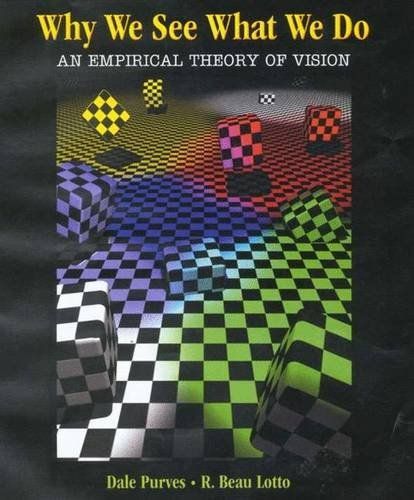
Why We See what We Do An Empirical Theory of Vision
This provocative book reviews a broad range of evidence leading to the conclusion that the visual system is not organised to generate a veridical representation of the physical world, but rather a statistical reflection of the visual history of the species and the individual observer. Thus, what humans actually see is a reflexive manifestation of past rather than a logical analysis of the present. The idea that the images we consciously entertain represent the historical significance of visual stimuli follows from the inability to decipher ambiguous retinal information analytically, and has far-reaching consequences not only for vision but brain function generally. The immediate benefit of this approach is that it provides a framework by which to understand a variety of fundamental visual illusions that are otherwise difficult, if not impossible, to explain.